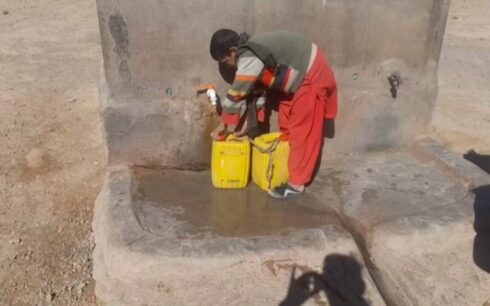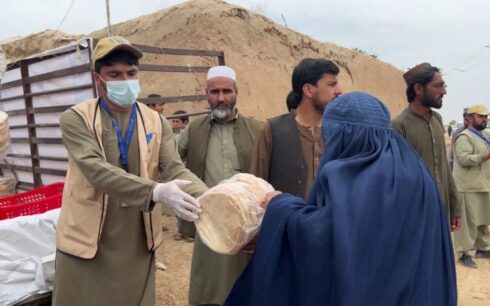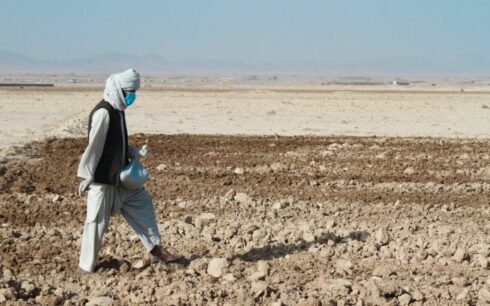According to a new report by the UN Secretary-General on Afghanistan, the Taliban, after over two years in power, is experiencing internal discord over key governance issues, despite having solidified its administration in political, security, and economic domains. These rifts notably extend to the enforcement of the drug ban.
The report indicates that while the Taliban continue to engage with the populace at both subnational and national levels, there has been no advancement towards inclusivity within institutions and decision-making processes.
Additionally, the report points out that women’s rights are increasingly restricted across public life sectors, including the enforcement of the hijab decree, with arrests and detentions targeting women perceived as non-compliant.
Extrajudicial killings and human rights
The UN report details that from November 1, 2023, to January 10, 2024, UNAMA documented at least five extrajudicial killings and seven arbitrary arrests of former Afghan government officials and Afghan National Defence and Security Forces members.
Additionally, UNAMA reported two extrajudicial killings, 17 arbitrary arrests and detentions, and two instances of torture and ill-treatment of individuals suspected of affiliations with the Resistance Front and Daesh.
The report further notes that restrictions against women and girls have persisted, with enforcement becoming stricter in some regions. Notably, in parts of Kabul and the provinces of Bamiyan, Baghlan, Balkh, Daykundi, Ghazni, and Samangan, the Taliban Ministry of Vice and Virtue and Taliban police have issued warnings or made arrests for alleged violations of the hijab decree issued on April 25, 2022.
In Kabul, a significant number of women and girls were detained for several hours. UNAMA documented allegations of ill-treatment, incommunicado detention, and demands for payment in exchange for the release of female detainees, the report says. UNAMA has initiated discussions with Taliban authorities regarding these allegations and their implications.
Taliban establishes over 7,000 madrassas in Afghanistan
The report reveals that the Taliban have significantly expanded the number of madrassas, or Islamic schools, in Afghanistan, with more than 7,000 now registered, predominantly for male students.
According to the report, the total includes 6,836 madrassas for males and 380 for females, with seven new Taliban-registered madrassas established, including one for females. Between November 1, 2023, and February 4, 2024, approximately 2,464 students graduated from these institutions, marking the first reported instance of female graduates (128) from such schools.
On January 26, the Taliban’s Minister of Education mandated curriculum changes for the upcoming school year, beginning March 21, 2024. The adjustments include a reduction or elimination of subjects like civic education, calligraphy, life skills, and foreign languages other than Arabic, to focus more on Islamic studies. The directive also emphasizes the importance of Islamic subjects and the recruitment of religious scholars as teachers.
The Taliban Ministry of Education is reportedly developing a new standardized madrasa curriculum, expected to be ready for the next academic year. While private madrassas continue to operate, details about their curriculum remain scarce.
Following a decree by the Taliban leader in July 2023, which called for the hiring of 100,000 new madrasa teachers by year’s end, the recruitment process has seen substantial progress. As of December 30, the recruitment of 9,000 teachers for Kandahar Province was completed, with ongoing efforts in the remaining 33 provinces.





